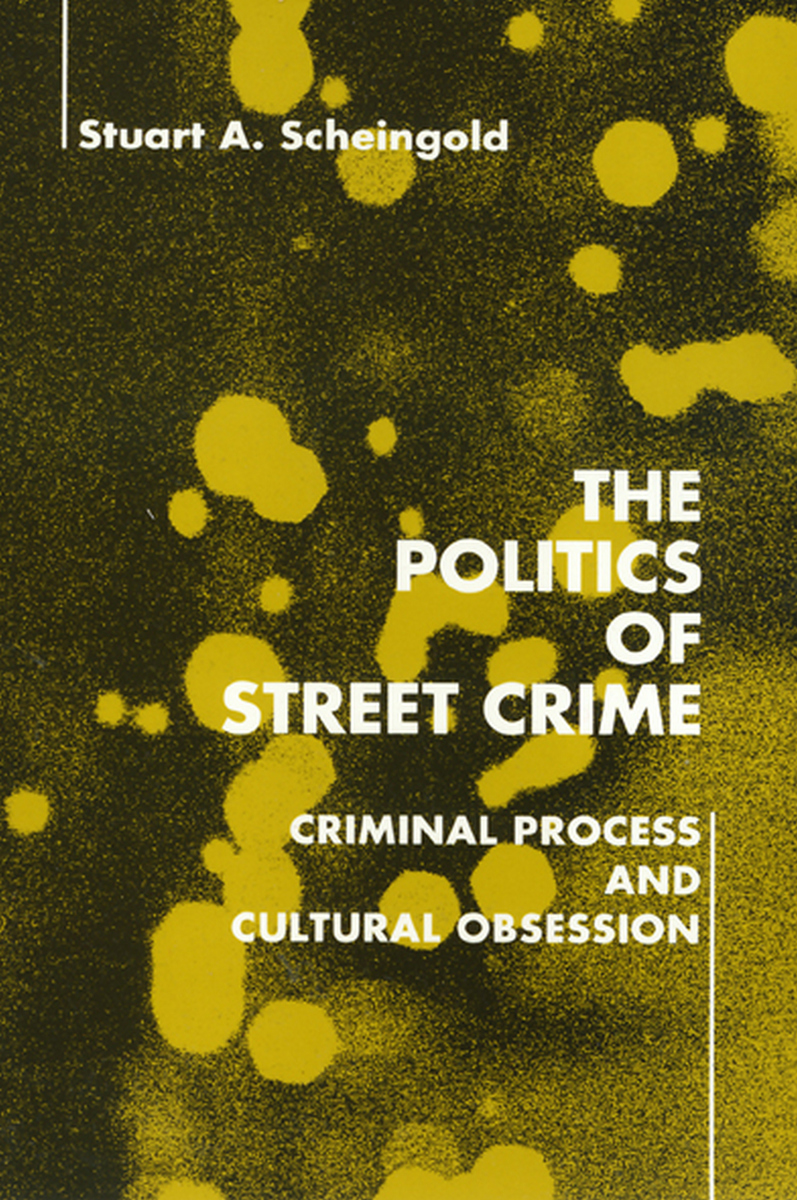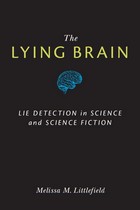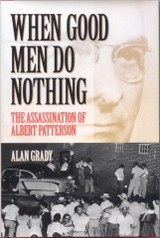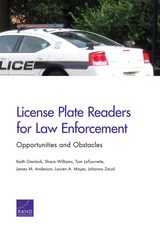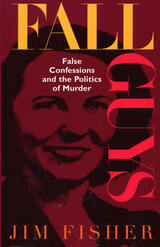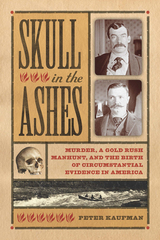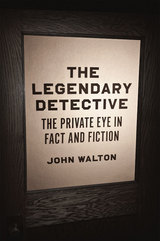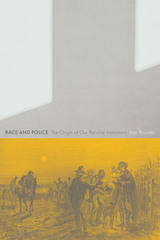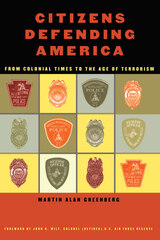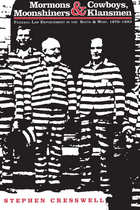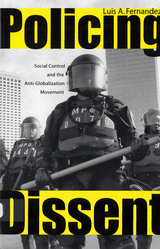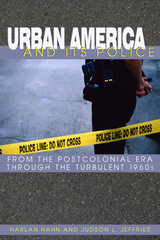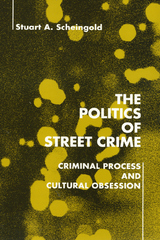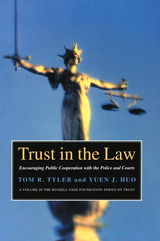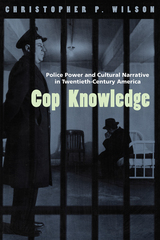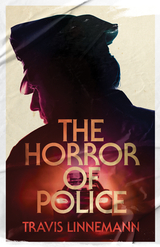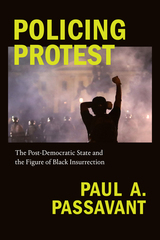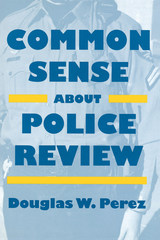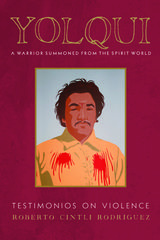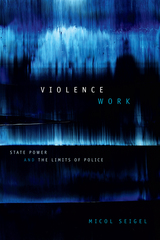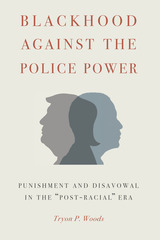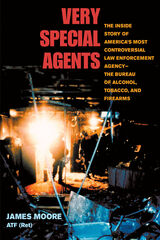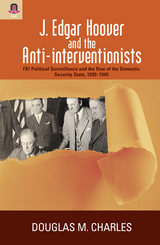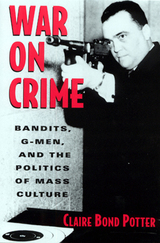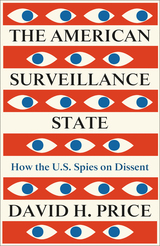eISBN: 978-1-4399-0502-9 | Paper: 978-1-56639-024-8 | Cloth: 978-0-87722-825-7
Library of Congress Classification HV8138.S3 1991
Dewey Decimal Classification 364.973
Americans find street crime terrifying and repellent. Yet we vicariously seek it out in virtually all of our media: books, newspapers, television, films, and the theatre. Stuart Scheingold confronts this cultural contradiction and asks why street crime is generally regarded in the trivializing and punitive images of cops and robbers that attribute crime to the willful acts of flawed individuals rather than to the structural shortcomings of a flawed society. In his case study of the police and criminal courts in the community he calls "Cedar City," a medium-sized city in the Western United States, Scheingold examines the effects of this cultural contradiction and these punitive predispositions on politics and policy making.
See other books on: Case studies | Criminal Process | Cultural Obsession | Law enforcement | Police
See other titles from Temple University Press
